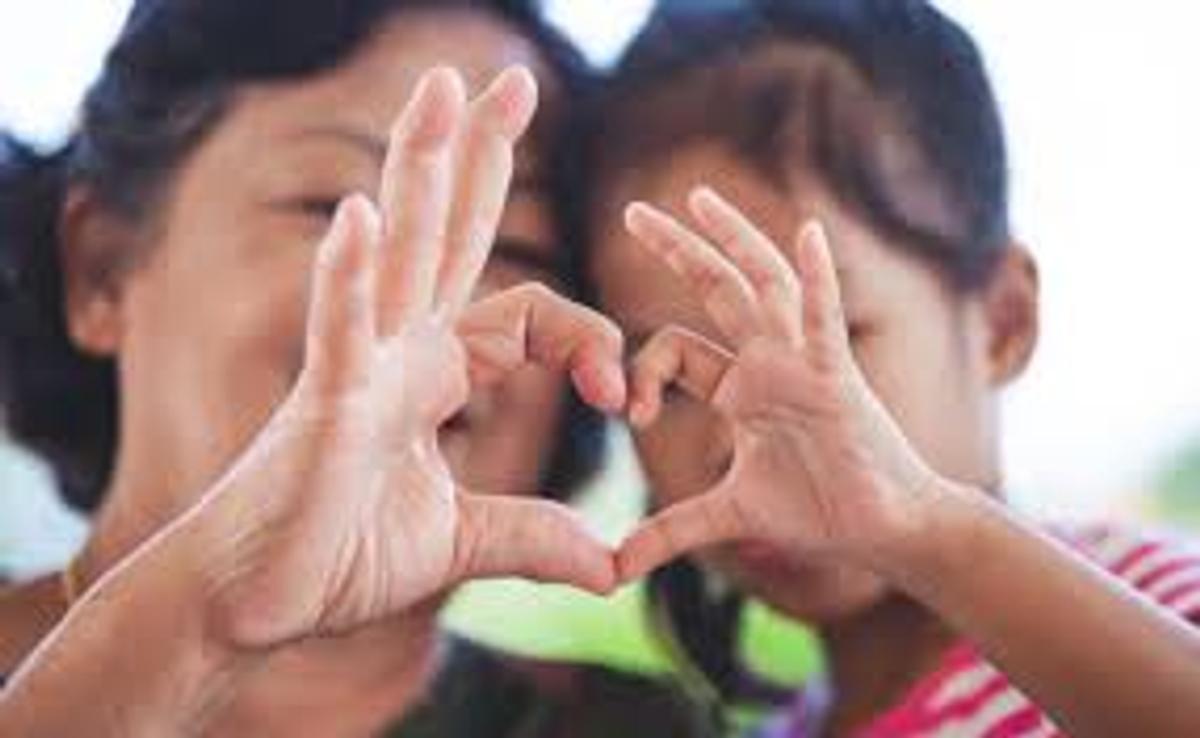Wellbeing

Social and emotional development is all about how children start to understand who they are, what they are feeling and what to expect when interacting with other people. It is the development of being able to:
- Form and sustain positive relationships.
- Experience, manage and express emotions.
- Explore and engage with the world around them.
School classrooms are busy places where children and young people learn all sorts of things, including social and emotional skills such as how to express feelings and how to work together with friends on a project.
Social skills take many forms, including understanding and listening to others, respecting differences, communicating effectively and problem-solving. Parents / carers can provide coaching and teaching to help children and young people to think about and solve day-to-day social difficulties they may encounter. Where possible, support problem-solving without taking over. Ask questions in a supportive way to help children and young people think through situations and encourage them to take others’ feelings and perspectives into account.
Parents and caregivers play the biggest role in social and emotional development because you offer the most consistent relationships for your child. To nurture your child’s social and emotional development, it is important that you actively engage in quality interactions like these on a daily basis, depending on the age of your child.
Self-confidence and self-awareness
Children who feel good about themselves develop confidence to try new things and to cope with not being able to do something or get things right. They are more likely to persevere and try again. Developing these skills help children do well in school.
Children with low self-esteem feel unsure of themselves and may give up too quickly or not try something new at all. They may find it difficult to cope if they make mistakes, lose or fail, and as a result, do not do so well at school.
Help them to learn to do new things. Make sure it’s not too hard for them and let them do what they can, praising their efforts for trying. Try not to criticise them, instead focus on what they do well.
Give your child or young person age appropriate tasks to help you - helping others will build their self esteem.
Communicate effectively
Encourage children and young people to use effective verbal and non-verbal communication skills while interacting within their community. Demonstrate the use of appropriate body language and posture, eye contact and tone of voice. Provide children and young people with practice opportunities to try out these skills for themselves.
Appreciate social and cultural diversity
Families help children and young people develop awareness of the diversity present in the world. Find out about the social and cultural backgrounds and values of children, young people and their families of your child’s or young person’s friends. Look for ways you may be able to accommodate their needs and perspectives. Create opportunities to include different perspectives – encourage children and young people to explore and appreciate the differences.
Practice mindfulness techniques with your child
Let them know that it is okay to take a pause to process their feelings and help them practise this skill. They can take a few deep breaths, drink some water, count to five, or hug a stuffed animal. Create a safe space in your home where your child can go to relax. While children should feel safe to come to you with their emotions, they also need a place to go to process their emotions alone.
Do not solve all of your child’s problems
To develop independence and self-confidence, children and young people need to work through their challenges independently (reaching a toy that is too far away, resolving a conflict, etc.). If the situation is unsafe, step in. But if it involves lower levels of risk, give your child a chance to solve the issue independently. Afterwards discuss what worked, what didn’t and how they could try something different the next time they encounter a problem.
Supporting social and emotional skills at home
Our sense of connection—to family, friends, communities and the wider world—is an integral part of our mental fitness, and an essential support when it comes to building resilience to overcome life’s challenges.
Practising skills like empathy, compassion, communication and appreciation for the perspectives of others help us form positive, caring connections that can endure the ups and downs that are natural in all of our lives.
Our social connections are a key pillar that support positive mental wellbeing. For children, home is a pivotal environment where they begin to explore and build connections with their family - including parents, carers, siblings and more.
While at home, you may only get tiny glimpses into the social interactions that children encounter at school, you know that every day, your child is observing and navigating new and sometimes tricky friendship dynamics.
A great way to support your kids on the rollercoaster of school friendships is by helping them to learn, develop and practise social and emotional skills at home.




